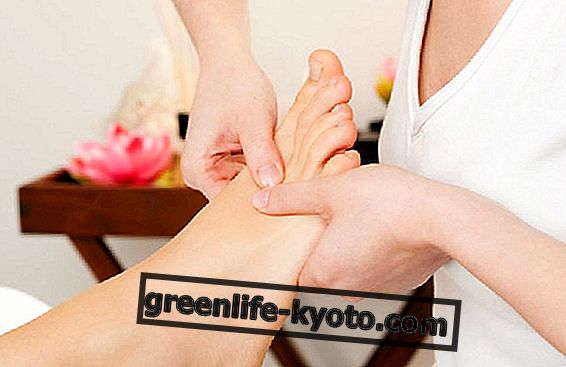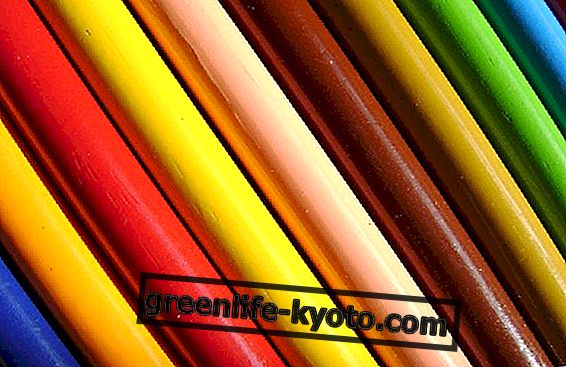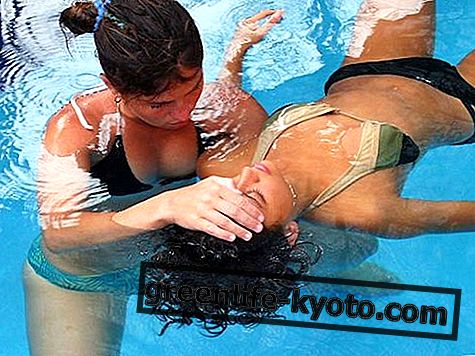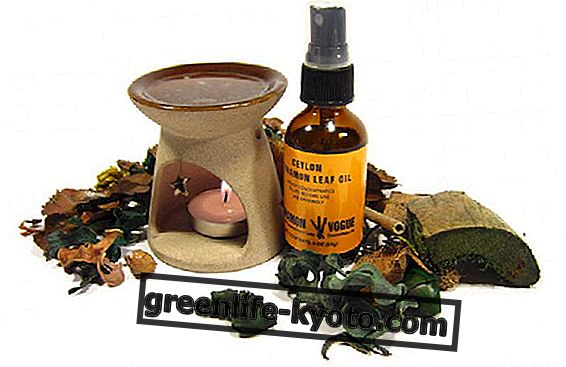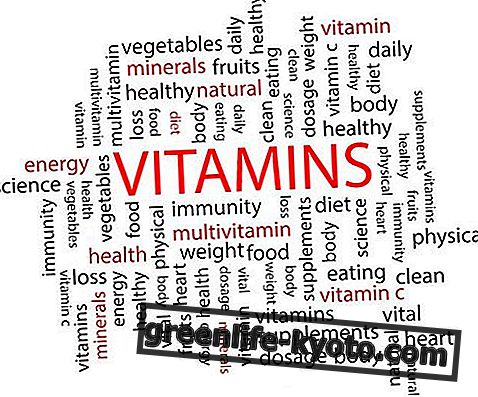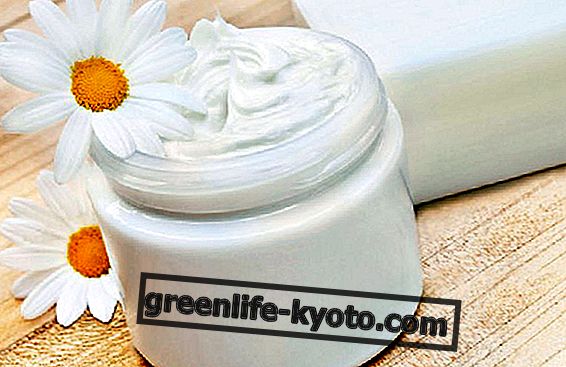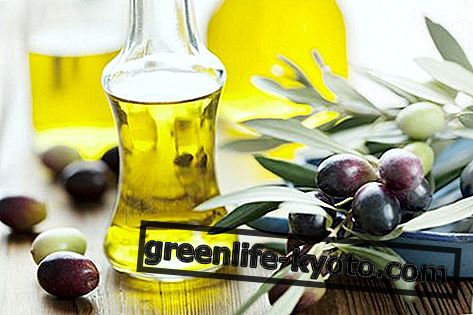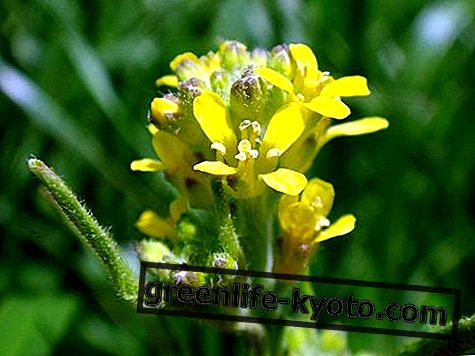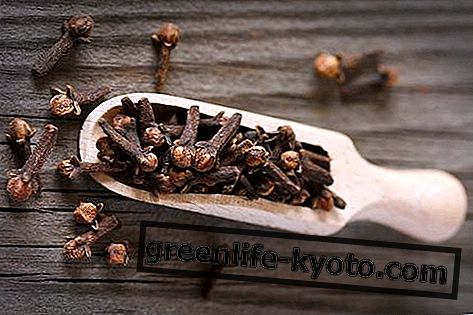
Spirulina is a blue algae or better a cyanobacterium that grows in salted or sweet waters with a particular pH. There are two types of these cyanobacteria, Arthrospira platensis and maxima .
Both have a truly exceptional nutritional content especially in proteins, amino acids, vitamins and mineral salts.
Composition of spirulina
Spirulina is rich in over 65% of amino acids and proteins, which are popular with vegetarians and vegans but also with others who need a good protein supplement.
Furthermore, sirulin is very rich in vitamins including vitamin A with beta-carotenes, vitamin E, many in group B including B12. Also the essential fatty acids are numerous and in spirulina we find omega 3, 6 and also 9.
This blue algae also contains a reserve of truly excellent mineral salts and among these is rich in iron, calcium, potassium, phosphorus, chromium, copper, selenium, zinc and manganese.
Because of this wealth of substances, spirulina can be purchased in health food stores or health food stores and is normally sold as a food supplement in powder, flakes, capsules or tablets.
Even the cosmetic use of spirulina is just as developed precisely because it is excellent for the well-being of our skin and our hair.
Skin-friendly spirulina
Spirulina is so rich in beneficial substances that it also protects and strengthens our entire skin tissue . In fact, the skin mainly needs vitamins A, D, E and essential fatty acids that are all present in spirulina.
The skin is toned thanks to the presence of tyrosine, selenium and vitamins B and E moreover the presence of vitamin A serves to regulate the sebum produced by the sebaceous glands and this affects the very beauty of our skin.
Spirulina counteracts the onset of boils, eczema, outbreaks and other skin blemishes thanks also to its ability to detoxify the organism. In fact, spirulina is an excellent eliminator of toxins and waste substances, especially heavy metals and free radicals.
The action towards the latter is always given by the conspicuous presence of antioxidant substances which precisely eliminate free radicals and bring the benefit of slowing down cellular aging with a truly enviable anti-age effect.
Spirulina also counteracts the flaccid and dull complexion skin thanks to this its action of strengthening the entire organism and cleaning from the waste substances of the metabolism of the organism.
Spirulina is used in masks and cleansing creams but also specifically around the eye area to counter bags and dark circles. A simple mask of water and spirulina can in fact be applied to the face for 20 minutes and the result will be a skin with less wrinkles and smoother, brighter and softer.
Hair-friendly spirulina
Spirulina is also an excellent addition to shampoo or to make compresses as well as a dietary supplement taken orally.
Damaged, weak and damaged hair regains vigor and is regenerated thanks to the use of spirulina. The texture of the hair and its luster improves as well as decreasing the problems of greasy hair. The wraps with spirulina are in fact more suitable to purify the scalp, degrease the hair and also have an excellent anti-dandruff action. The use of spirulina must be protracted over time and the effects are visible after 4 weeks when the hair begins to be stronger, shiny and problems such as dandruff are no longer present.
Spirulina promotes hair growth and therefore helps with hair thinning, hair loss and balding problems. In this case the combined use of cosmetic product and food supplement is more effective than just topical use only.
The treatment of alopecia is possible with spirulina the nf this autoimmune disease that causes hair loss but also hair in every part of the body slows down when spirulina is used as a natural remedy.
In conclusion spirulina is therefore an excellent natural remedy, an excellent food supplement and an essential ingredient of cosmetic products that help the well-being of our skin and our hair.
